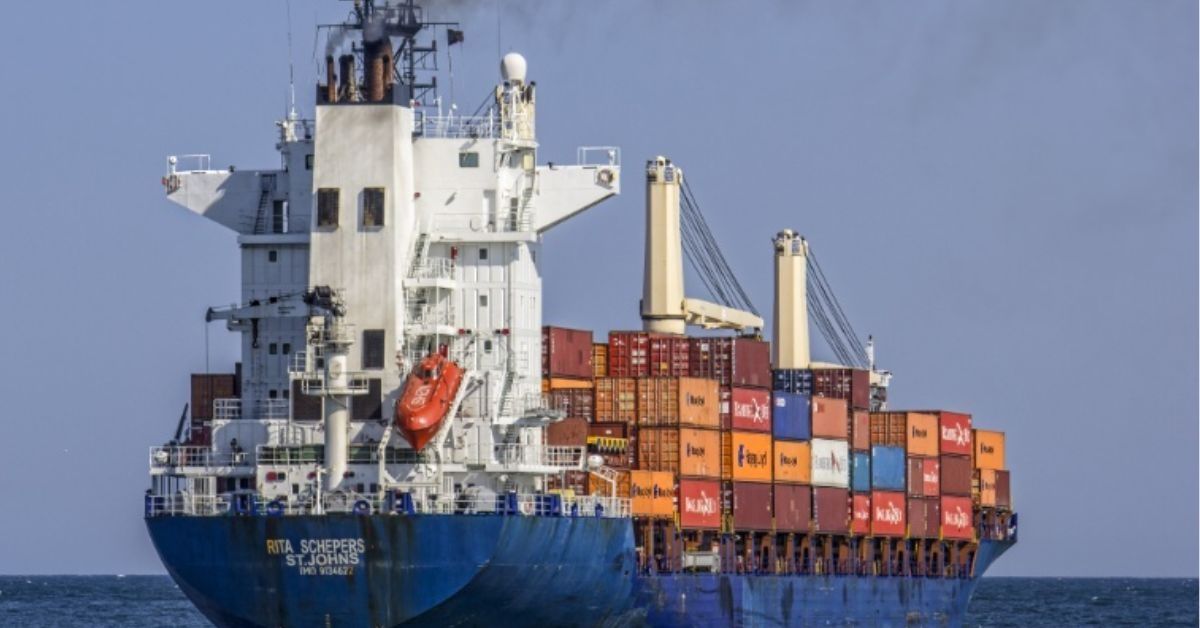Shipping is still digesting the weekend’s big news from New York where close to 200 member states of the United Nations signed up for the Biodiversity Beyond National Jurisdiction (BBNJ) agreement, also known as the High Seas Treaty.
The treaty paves the way for the establishment of more high seas marine protected areas. Only 1.2% of the high seas are currently fully protected, but the aim is now to push this figure to 30%.
Vincent Van Quickenborne, the Belgian minister of the North Sea, commented: “This is a historic treaty. A crucial step for anyone who cares about the oceans. The BBNJ is to the ocean what the 2015 Paris Agreement is to the climate. After more than 17 years of negotiations, we can finally create nature reserves on the high seas.”
The minutiae of the agreement, and an agreed timeframe, remain very unclear, but from a merchant shipping perspective, attention will likely turn to the use of open-loop scrubbers, the issues surrounding ever greater ocean noise pollution, and the redrawing of certain shipping lanes.
Dr Lucy Gilliam, senior policy officer at the Brussels-based NGO Seas At Risk, told Splash she remained cautious.
“The devil will be in the details, and much will depend on decisions made at the International Maritime Organization (IMO),” Gilliam said.
Yesterday, Splash covered in detail the potential ramifications for ships using open-loop scrubbers, the wastewater from which has proven to be acidifying the world’s oceans.
“Investing in scrubbers possibly just became a bit more complicated,” a new report from UK consultancy Shipping Strategy suggested yesterday.
Another issue that the treaty potentially brings up is the immense noise merchant ships create disrupting marine habitats.
According to conservation organisation WWF, shipping is the leading contributor to ocean noise pollution worldwide, and in some parts of the ocean, underwater noise levels have doubled each decade since the 1960s.
A final version of the High Seas Agreement still needs to be ratified by UN member states to officially take effect. From there, participating nations can start proposing new marine protected areas, which will need to be individually approved. If past UN treaties are any indication, this could take years. The Ballast Water Management Convention took a decade to ratify and enter into force.







